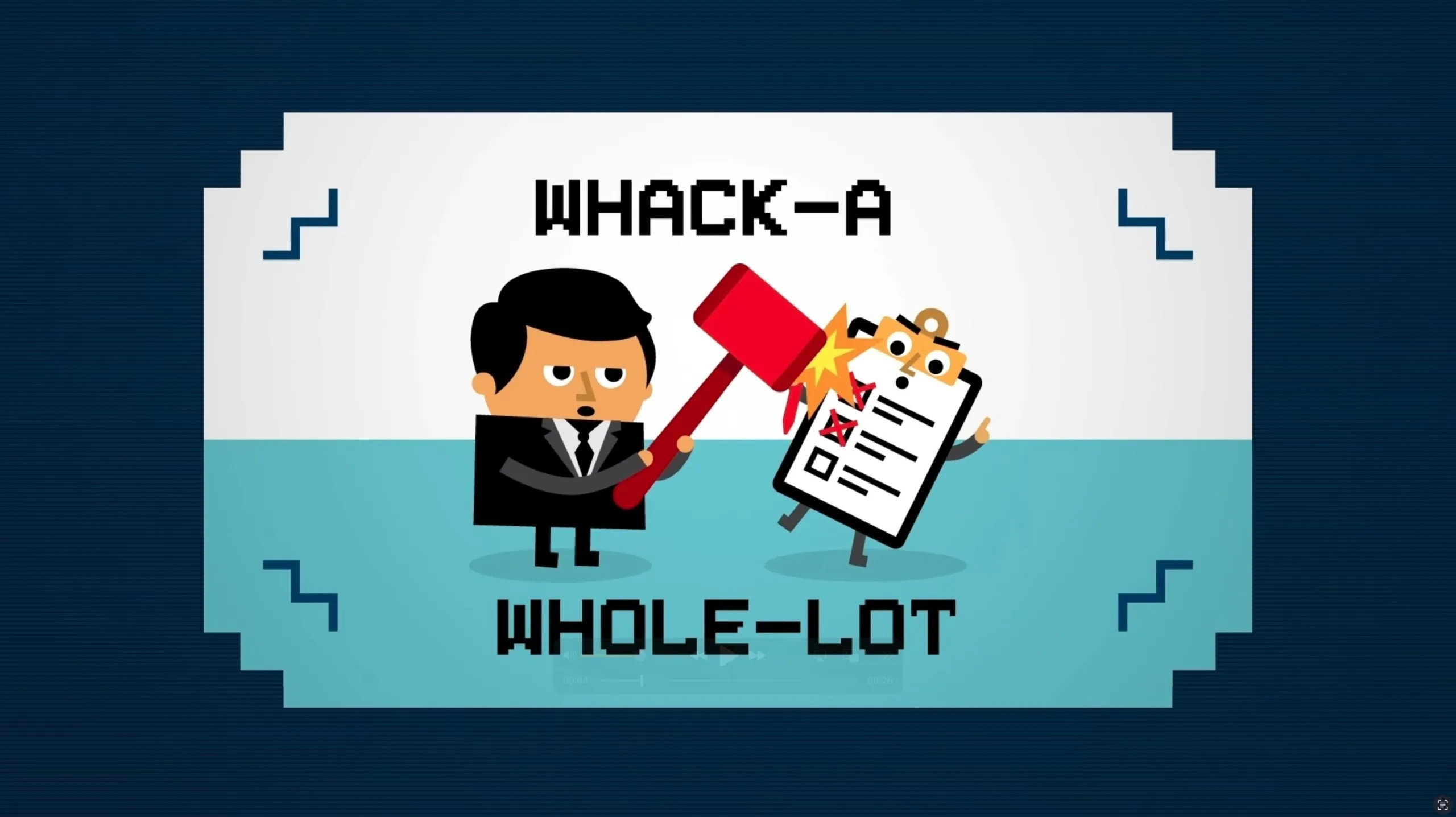Whether the claim is for £3,000 or £300,000 the considerations must be the same: is it commercially viable to bring a claim?
Cost is not only monetary. Smaller businesses in particular need to consider the indirect costs to the business of key decisions makers spending their time and resources being tied up in the litigation proceedings – collating evidence, making witness statements, meetings with legal representatives and attending hearings. Added to that is the potential bad PR for the company, particularly as most hearings are public and so can be reported in the press.
Sometimes it is best to square away any dispute quickly, move forward and focus on the continued success of your business.






















